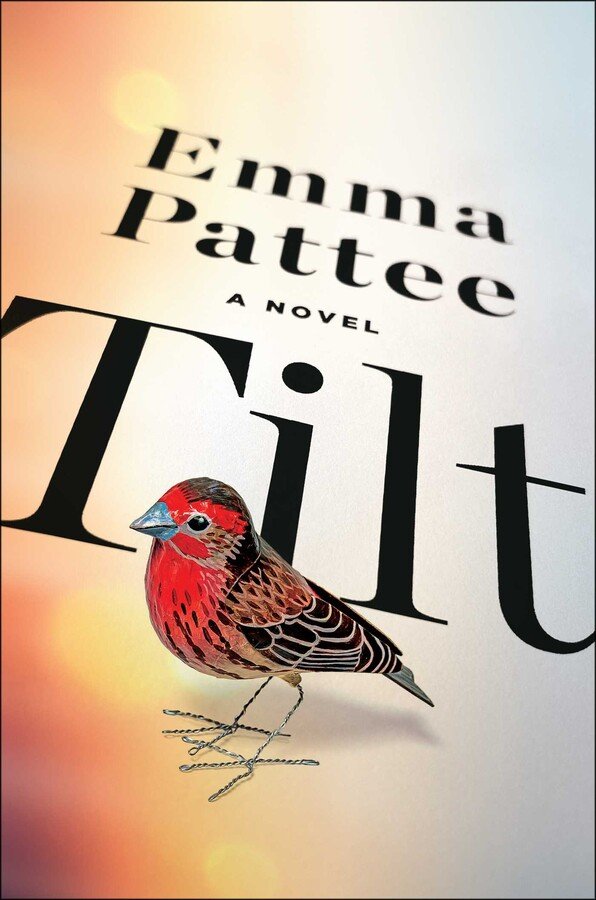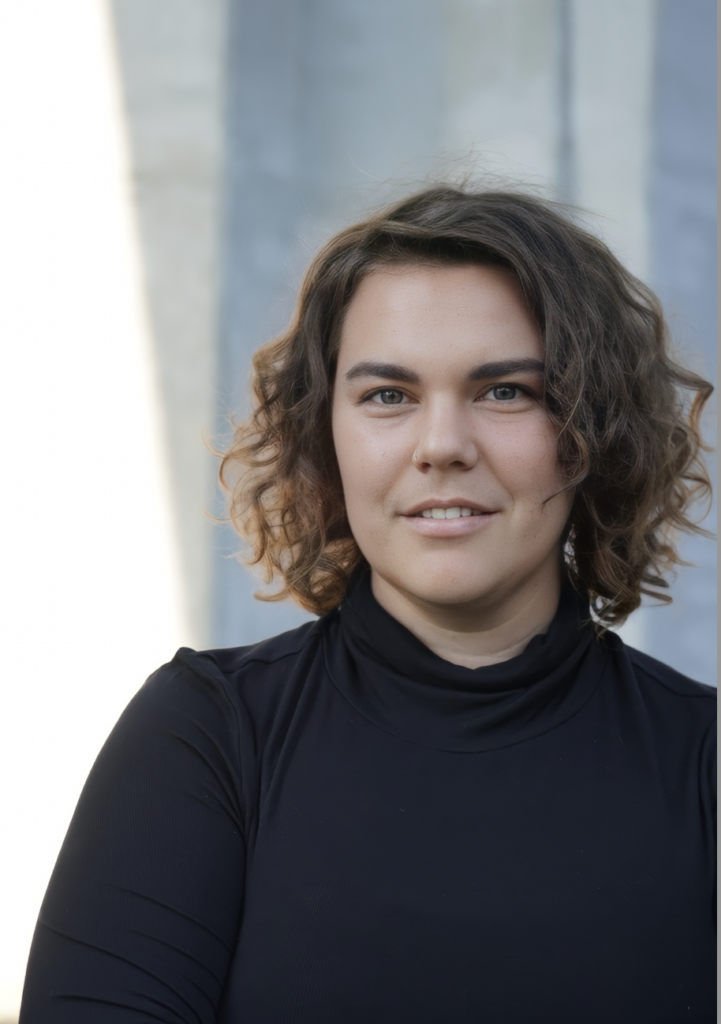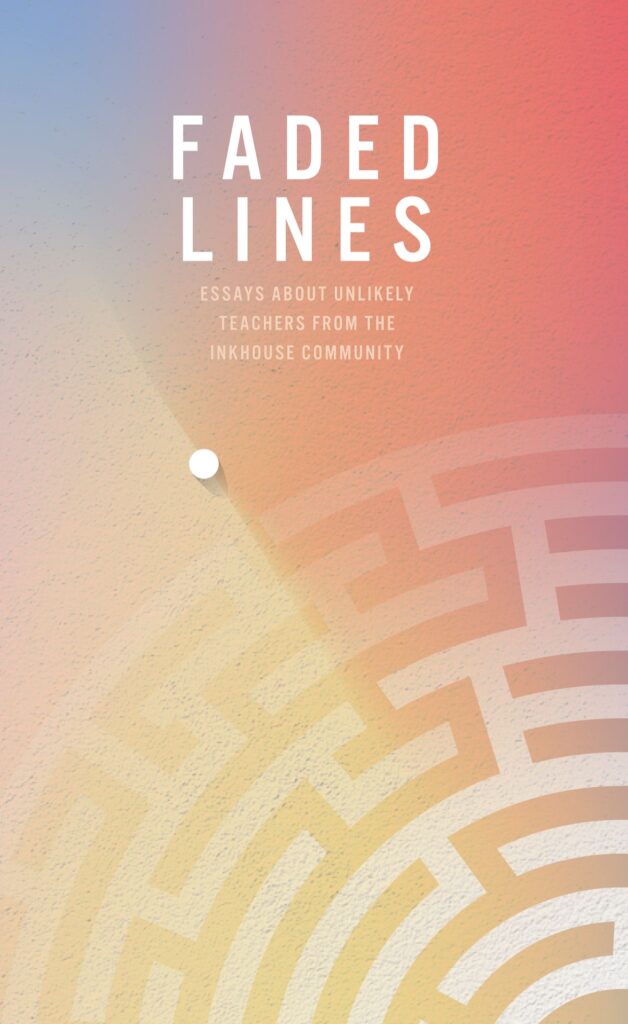Originally appeared in Marguerite Richard‘s newsletter, reposted with permission.
My boys are already complaining about going to school. They want to stay home and play, or stare at the sky. Or at a laptop. They know I prefer the sky over the screen, and because I’m still their hero, they lovingly oblige (most of the time). But you do need to go to school, I tell them. Why? They need answers. You have to go to school so that you can be a superhero like mama. Especially if you want to be Spidey. After all, webbing up supervillains is difficult work requiring geometry, physics, and complex communication skills. When you’re three and six years old, this is an idea you can get on board with. At least the Spidey part is clear.
The following Saturday morning, my older one wants to play chess. I set up the board on the lower bed of his bunk, the rainbow rocket sheets firing off beneath us. I’m pleased he’s curious, I want to encourage him. I fall short, only remembering the basics. That’s when it dawns on me that learning a strategy game like this one is crucial for him now. Not because he’s 6. But because by the time he’s an adult, people will be getting by without needing any strategic thinking skills at all. My sons will grow up in a world where their thinking can be outsourced. And if they don’t learn how to think, and how to learn (deeply, critically, strategically, empathetically, collaboratively) right now, they will indeed miss their chance at the superhero jobs of the future, whatever those may be.
Is AI unethical? MOOT QUESTION.
Most conversations about AI in my circles are idling in the ethics debate. Some of my favourite publications and writers are broadcasting their rejection of AI all together. Seeking solidarity? Probably. Admirable? Definitely. Pointless? I am afraid so. Especially if you’re in creative industries that won’t influence (or slow down) the development of the tech, swearing against AI is about as effective as it would have been to declare you’d never buy a calculator because it might lead to the downfall of our civilisation.
A close friend of mine watched her very lucrative translation career disintegrate in the span of a year. She attended a major translator conference in Frankfurt a few weeks ago, pumped up to strategise with her peers on the problem. She came home with the same story: most folks were preaching on soap boxes about why we should not be using AI. Keep in mind that this is an industry that has long benefited from tech advancements—Trados released its first computer-assisted translation tool in the early 90’s.
Just yesterday I saw an advertisement for an AI tool made for anyone wanting to create a children’s book. Upload a photo of your child, choose the story type, and voila, a book featuring your own kid as the hero delivered right to your doorstep. I am at once fascinated and repulsed by this. I am worried for our society—no question. Still, there’s no way out of this.
It’s time to get ahead of it.
As for my career, it’s crystal-ball clear, I’m going to need to leapfrog this issue if I want to keep writing, editing, and book coaching. Formulating new books is my magic. In a one-hour interview with the author, the book structure begins to synthesise in my mind. It’s not a linear, calculated process. It’s entirely alchemical, driven by intuition and instinct during a very specific exchange between editor and author. At the end of that same meeting, when I pitch the newly birthed idea to the author, I feel like a stork dropping a baby book into the author’s arms, all the goosebumps, fear and excitement of a new life ahead. AI can’t rob that from me. Even if I use it to support me. I’m not worried. What’s really baking my noodle is that future readers may not even know the difference between my human-generated book and the AI-generated one. It’s probably already happening. We only have one play.
We have to level up.
Watching my translator friend’s story unfold, and keeping my kids’ future in mind, I’m trying to figure out how I can build my business by developing my human artistic prowess. To get there, I am convinced that I first need to understand what our human superpowers actually are. Until now, I hadn’t realised I was in competition with my tools. What I’m learning is that it’s not the creation itself I should look at, but the process of creation that sets us apart from the tools. Human processing is labor intensive and full of pitfalls and imperfections. These mistakes often lead to a final result that is more beautiful than the symmetrical, synthetic output that the AI would create. Writing a book can be one of the most enriching experiences of your life. Ask any author—it’s the process, not the book itself.
It’s the toil that makes the treasure.
The other day I met a friend wearing a designer shirt that looked like it had been scribbled on with a black felt-tip pen. It was messy. Human. An expensive, beautifully designed mess. It was special because the human mind is subjective, spontaneous. A machine could never spontaneously create something so surprising for both the wearer and those appreciating what he wore. The machine could never be part of the exchange that he and I had over the shirt. My surprise and his appreciation for my surprise. The machine could never learn from our exchange either. Unless we trained it.
If making unique connections in our own minds (and between multiple minds) is one of our superpowers, we can’t start letting the AI make those connections for us. Take brainstorming, for example. The brainstorming act is a creative human process. If you consistently ask your tool to perform the ideation for you, not only will it soon outperform you, but you will eventually be stripped of the ability to do it yourself. If you don’t use it, you lose it. And isn’t that kind of ah-ha moment also one of our greatest human pleasures? It’s like making music. Why would we want to give that up?
So how do we leverage AI to support growing these superpowers instead of doing them for us? I’m not sure, but I hope that becoming more aware of what makes human nature special is a start.
Is there actually anything to fear?
The fear conversation leads down dark tunnels. It’s natural for the human mind to explore exponential what-if dystopias. As always, there are optimists and there are pessimists. In his interview with Wired Magazine, author, scholar (and pacifist) Yuval Noah Harari, likened the birth of a superintelligence to inventing the railroad.
“In a laboratory, people were able to see if steam engines would explode due to a malfunction,” Harari said. “But no one could simulate the changes they would bring to the economic and political situation when the rail network spread out over tens of thousands of kilometers.” We just don’t know. And we won’t know until we get there.
In my view, we are moving too fast. Much of society in the developed world is largely built on competition. Our drive to outperform each other without slowing down to consider proper regulation will lead us into territory beyond our control. We don’t actually know what the superintelligence will be capable of. And if we could adamantly regulate developments and create transparency measures so that we could use it in favour of globally agreed upon endeavours, we could potentially solve so many problems with it. Unfortunately, I’m not sure humans trust each other enough to get there. How can we fall short on something so basic?
It starts with the kids
These are some dark feelings. If you know me, I’m not dark. Here’s my plan for now. I’ll inspire my boys toward life-long learning. Teach them teamwork and relationships. Teach them trust. Foster an appreciation for nature. Get them out of the city. Teach them how to work with their hands. I suppose that means I’ll have to learn how to use my hands, too. That, and chess.



 This month, Inkhouse Public Relations debuted its fifth book of employee-authored essays. Entitled
This month, Inkhouse Public Relations debuted its fifth book of employee-authored essays. Entitled